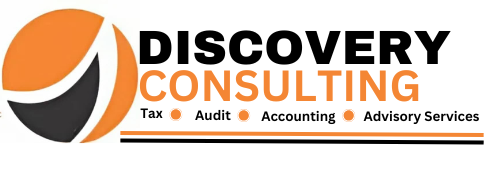Tax Reform in Nigeria: A New Era of Revenue Allocation
The Nigerian government’s proposed tax reform is set to change how Value Added Tax (VAT) revenue is shared among states. This shift aims to enhance efficiency, boost state-level economic activities, and improve tax administration. However, the proposed changes have sparked discussions on fairness, revenue distribution, and regional economic balance.
Key Changes in the Tax Reform
Under the new system, states that generate more VAT will receive a larger share of the revenue. Previously, revenue allocation considered both a state’s VAT generation and its population size. Now, the focus is on rewarding states that contribute more to national revenue.
Implications for Businesses and States
- Stronger Tax Enforcement: FIRS may intensify VAT collection efforts, ensuring businesses comply with tax obligations.
- Economic Incentives: To boost internal revenue, states might introduce policies to attract businesses and encourage local production.
- Potential VAT Adjustments: As competition among states increases, businesses may experience changes in VAT rates or collection processes.
How Discovery Consulting Supports Businesses
At Discovery Consulting, we help businesses adapt to Nigeria’s changing tax landscape. Our tax experts provide:
- VAT Compliance and Strategy: Ensuring businesses meet all VAT obligations while optimizing tax efficiency.
- Regulatory Guidance: Keeping businesses informed on policy changes and their impact.
- Risk Assessment: Helping businesses navigate potential financial and legal implications of tax reforms.
The Way Forward
Nigeria’s tax system is evolving, and businesses must be proactive in adapting to these changes. By understanding the implications of the tax reform and implementing the right strategies, businesses can position themselves for long-term success. At Discovery Consulting, we are committed to guiding you through this transition with expert tax solutions tailored to your needs.
